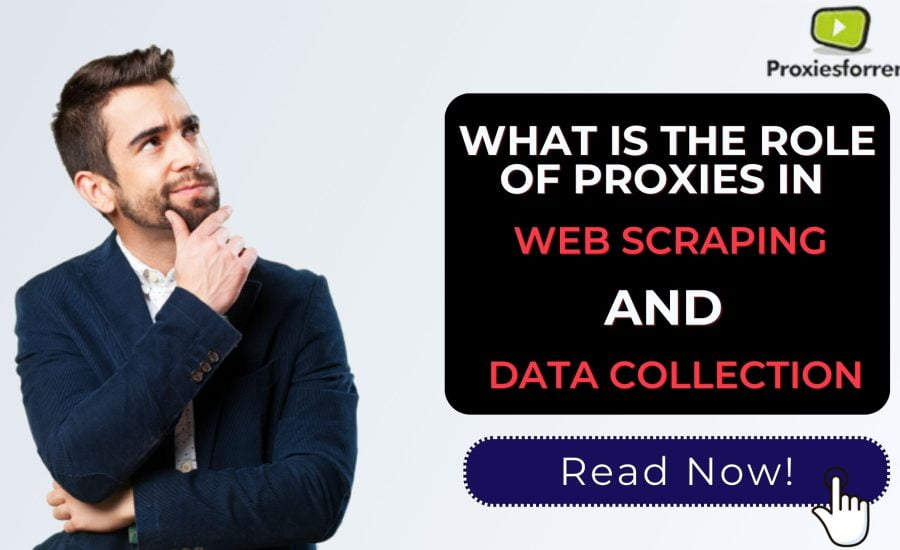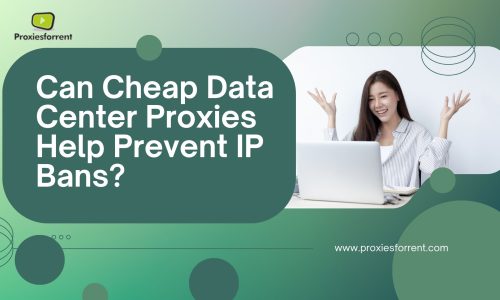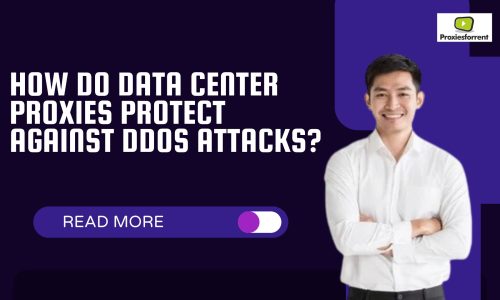Introduction
In the digital landscape, web scraping and data collection are crucial for informed decision-making. Proxies play an essential role in this process, offering anonymity and overcoming barriers like geo-restrictions. This guide delves into various proxy types, their features, and how they empower efficient data harvesting, providing invaluable insights for both beginners and seasoned professionals in the field.
What are Proxies?
A web proxy server functions as a bridge between the internet and your computer. It allows you to browse the web anonymously, hiding your IP address and location. This is particularly useful in web scraping, where maintaining anonymity is crucial to avoid bans or blocks from web servers.

Web Scraping and Data Collection
The technique of obtaining data from websites is known as web scraping. Data collection, on the other hand, is a broader term that includes gathering information from various sources, including the web. Both are essential for market research, competitive analysis, and other data-driven tasks.
Features of Proxies in Web Scraping and Data Collection.
1. Anonymity
Proxies keep your IP address hidden.
2. Overcoming Geo-Restrictions
They allow access to content not available in your location.
3. Speed
By distributing requests, they can speed up data collection.
Difference between Web Scraping and Data Collection
While the two processes are interlinked, they differ in application. Web scraping is more technical, involving extracting specific data from web pages. Data collection is a broader concept that might involve other methods beyond scraping. Proxiesforrent, play a crucial role in both, with different types such as Data Center, Residential, Specialized, and Mobile Proxies being used based on the requirements.

Why Choose a Proxy Server for Web Scraping?
When selecting a proxy for web scraping, take into account
Type of Proxy
Match the proxy type to your specific scraping needs.
Location
Quality
High-quality proxies are more reliable and less likely to be blocked.
Resources for Using a Proxy Server to Scrape the Web
Several tools can make web scraping with a proxy server easier, including ScrapingBee, ProxyMesh, Smartproxy, Bright Data (formerly Luminati), Octoparse, Scrappy, and Proxycrawl. Each tool has its unique features and proxy compatibility.
Is Web Scraping Better Used With Proxy?
Absolutely. Proxies provide a layer of security, efficiency, and anonymity, making web scraping more effective. They help in bypassing blocks, handling CAPTCHAs, and managing high-volume data extraction.
Conclusion
In conclusion, Proxiesforrent are indispensable in the world of web scraping and data collection. They offer the anonymity, speed, and efficiency required to handle large-scale data extraction tasks seamlessly.
Frequently Asked Questions
Q1. How Does Proxy Rotation Benefit Web Scraping?
Proxy rotation involves changing the IP address with each request or after a set number of requests. This practice helps in avoiding IP bans and CAPTCHA triggers, ensuring a smoother and more efficient scraping process.
Q2. Can Proxies Speed Up the Web Scraping Process?
Yes, by distributing requests across multiple IP addresses, proxies can significantly reduce the chance of triggering rate limits on websites, thereby speeding up the data collection process.
Q3. How Do I Manage a Large Proxy Pool for Web Scraping?
Managing a large proxy pool requires a balance between quantity (number of proxies) and quality (good performance and low failure rate). Utilizing proxy management tools or services can help in automating rotation, maintaining proxy health, and ensuring efficient allocation based on your scraping needs.



